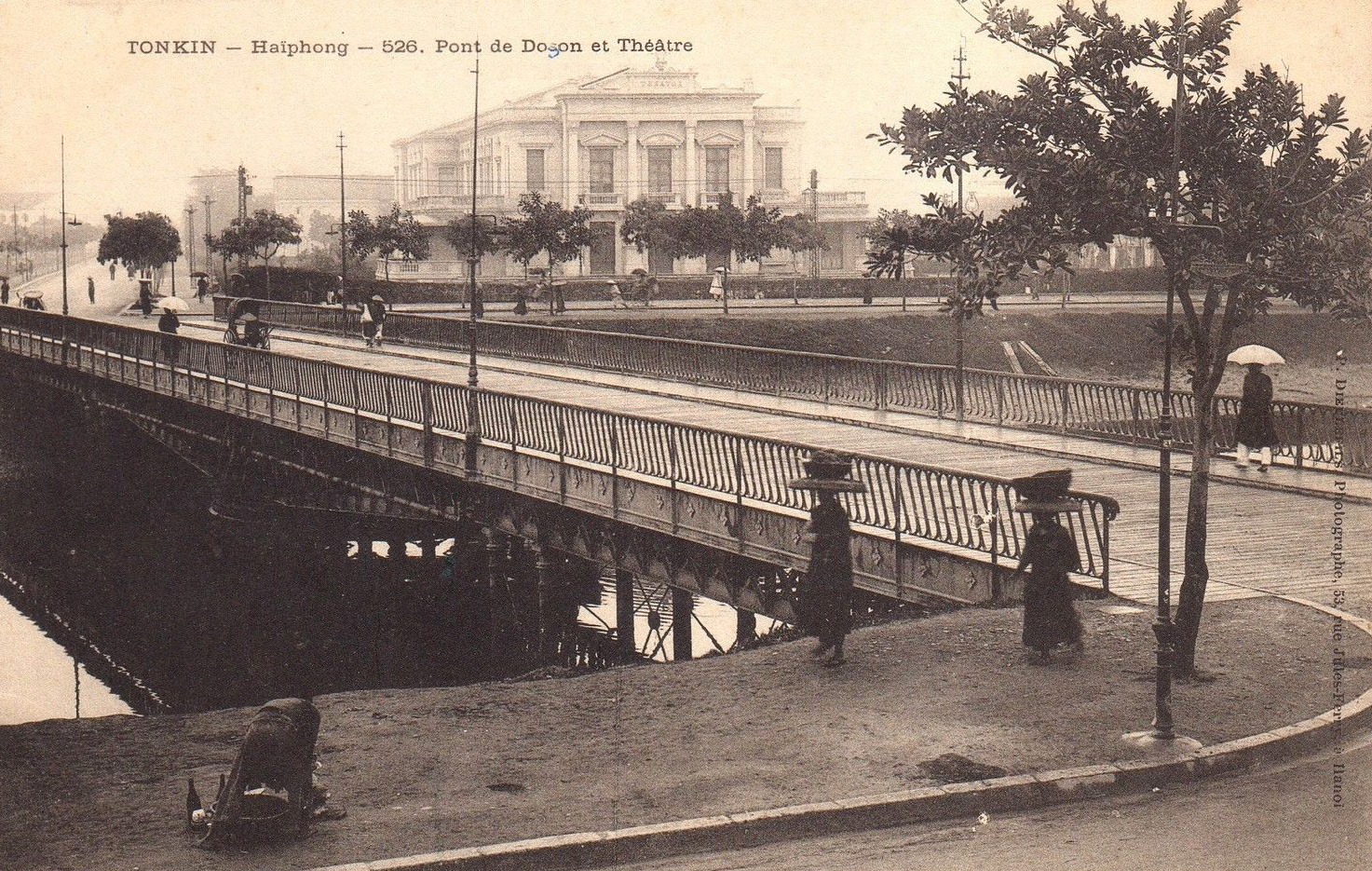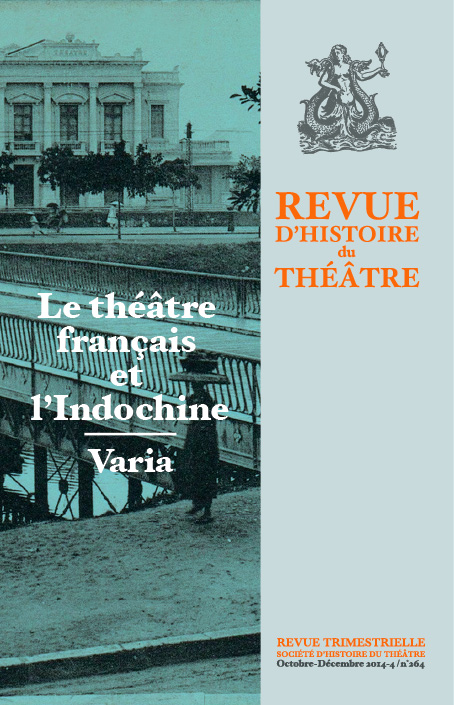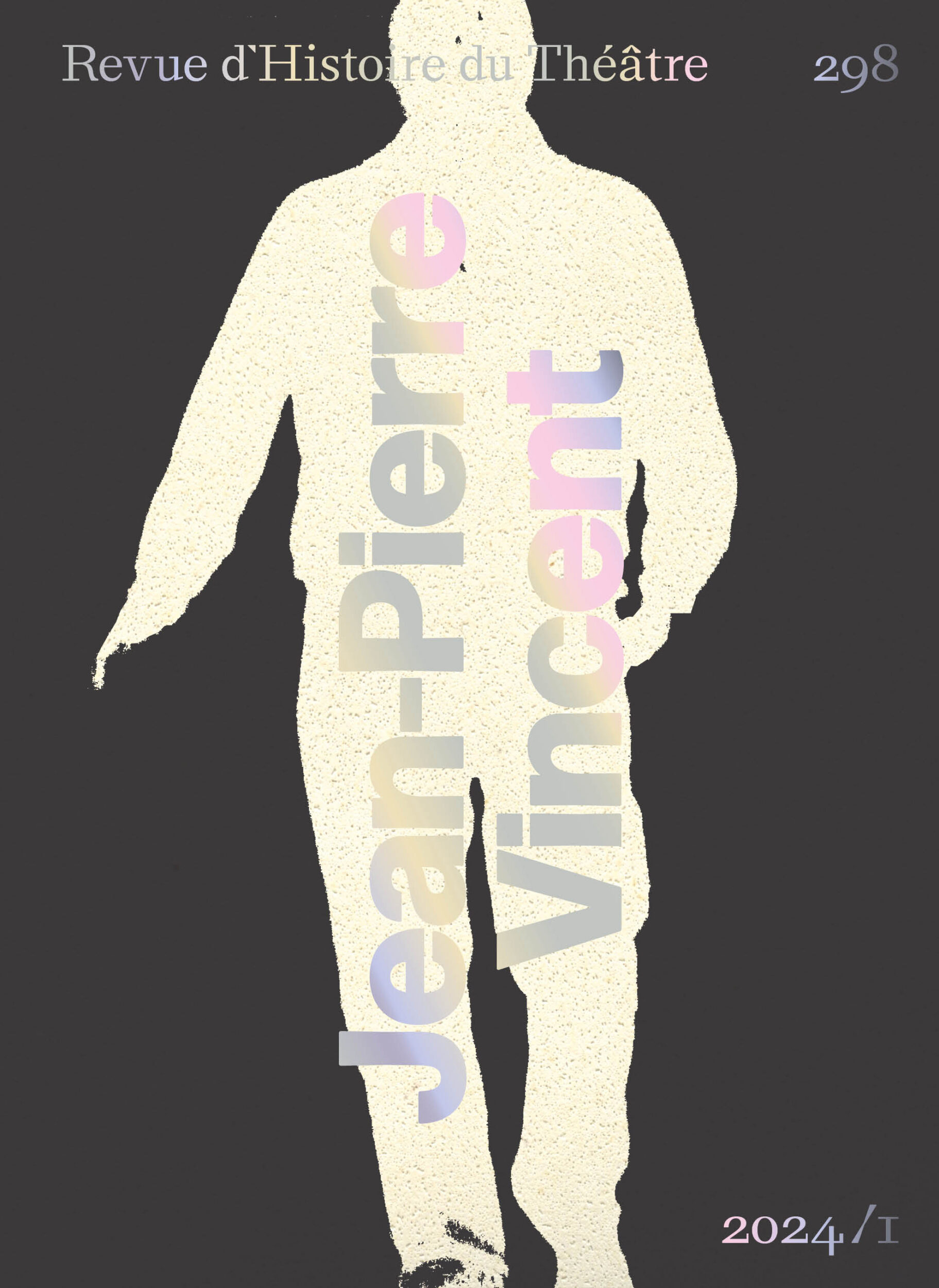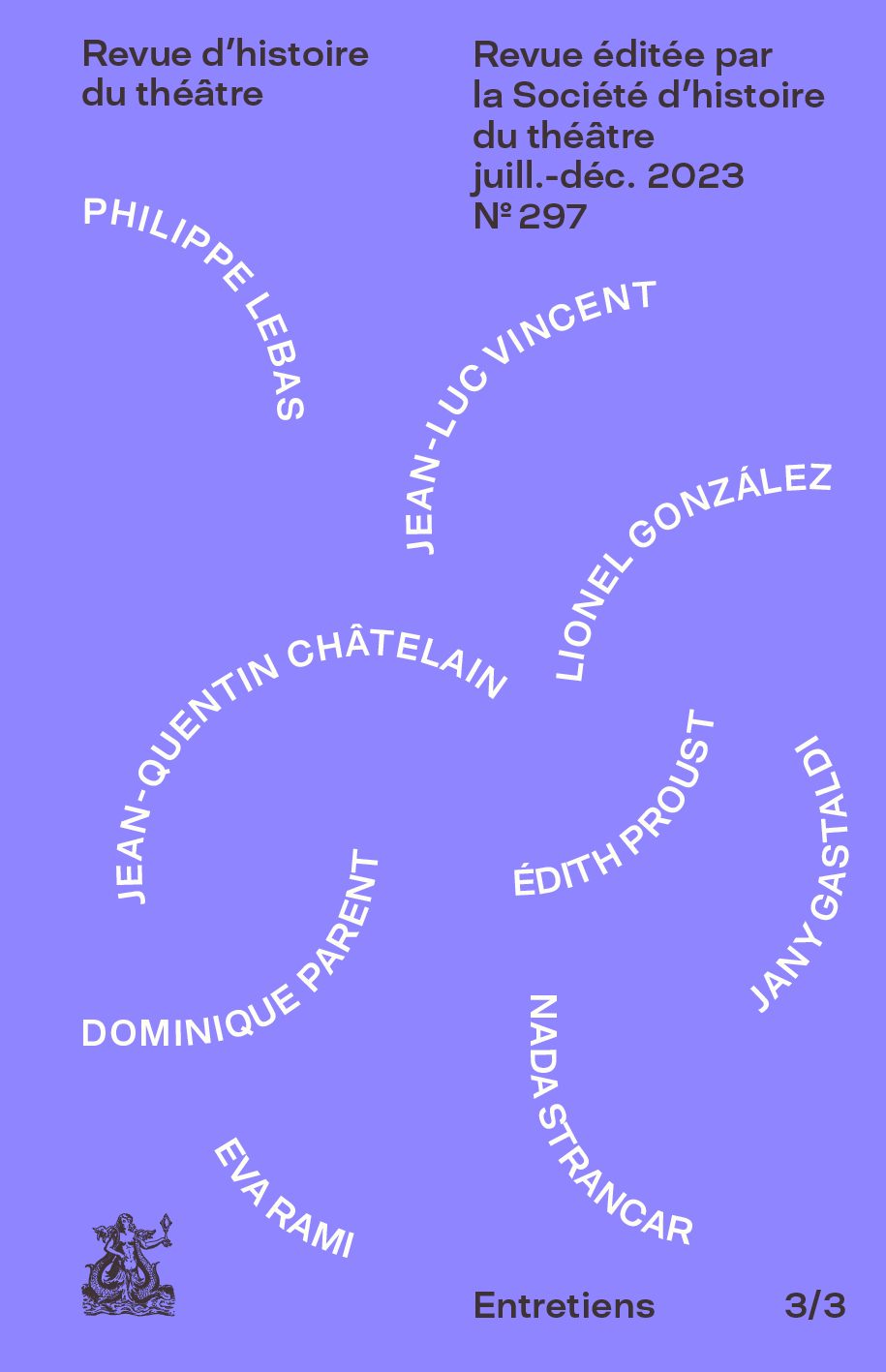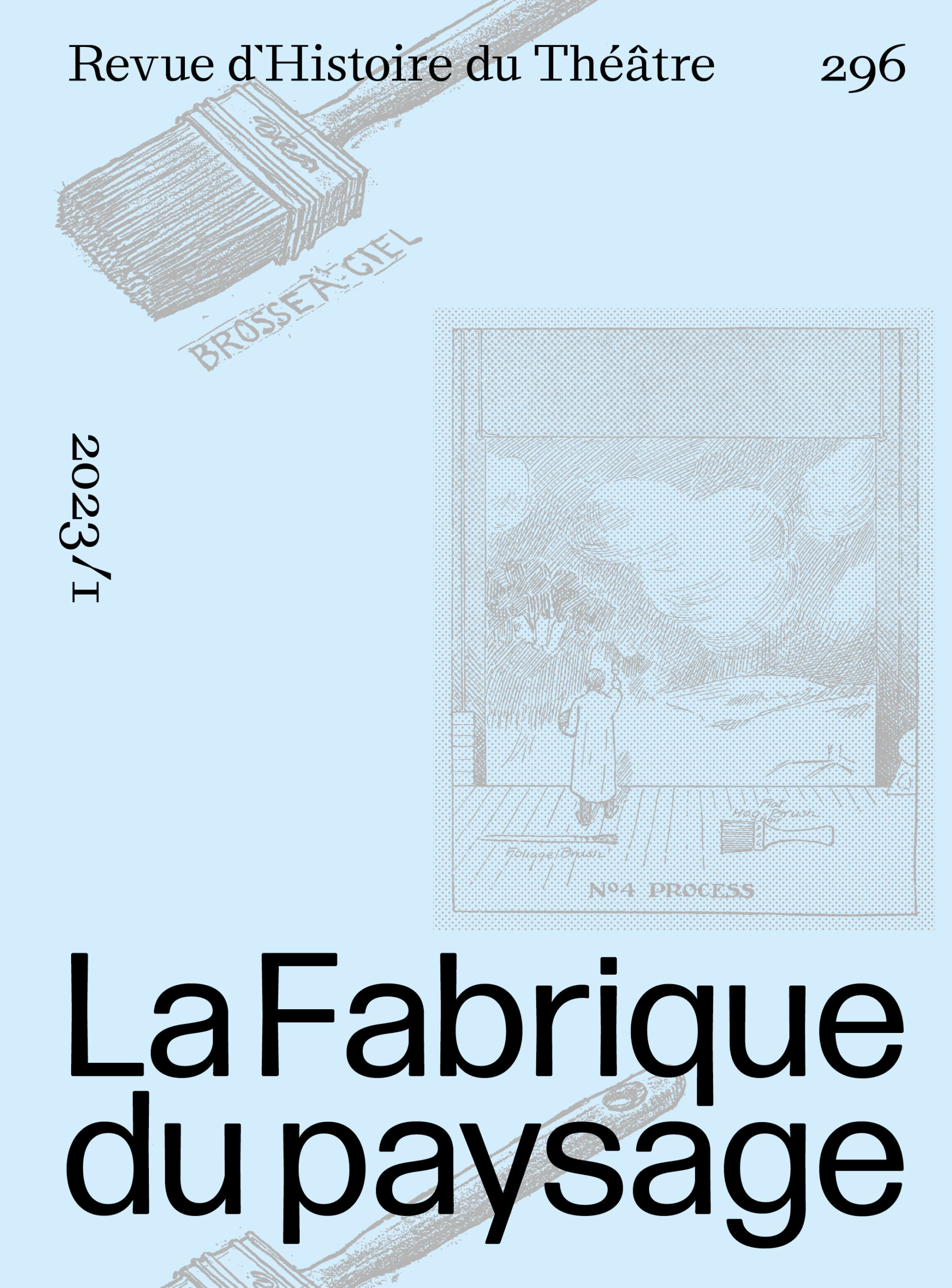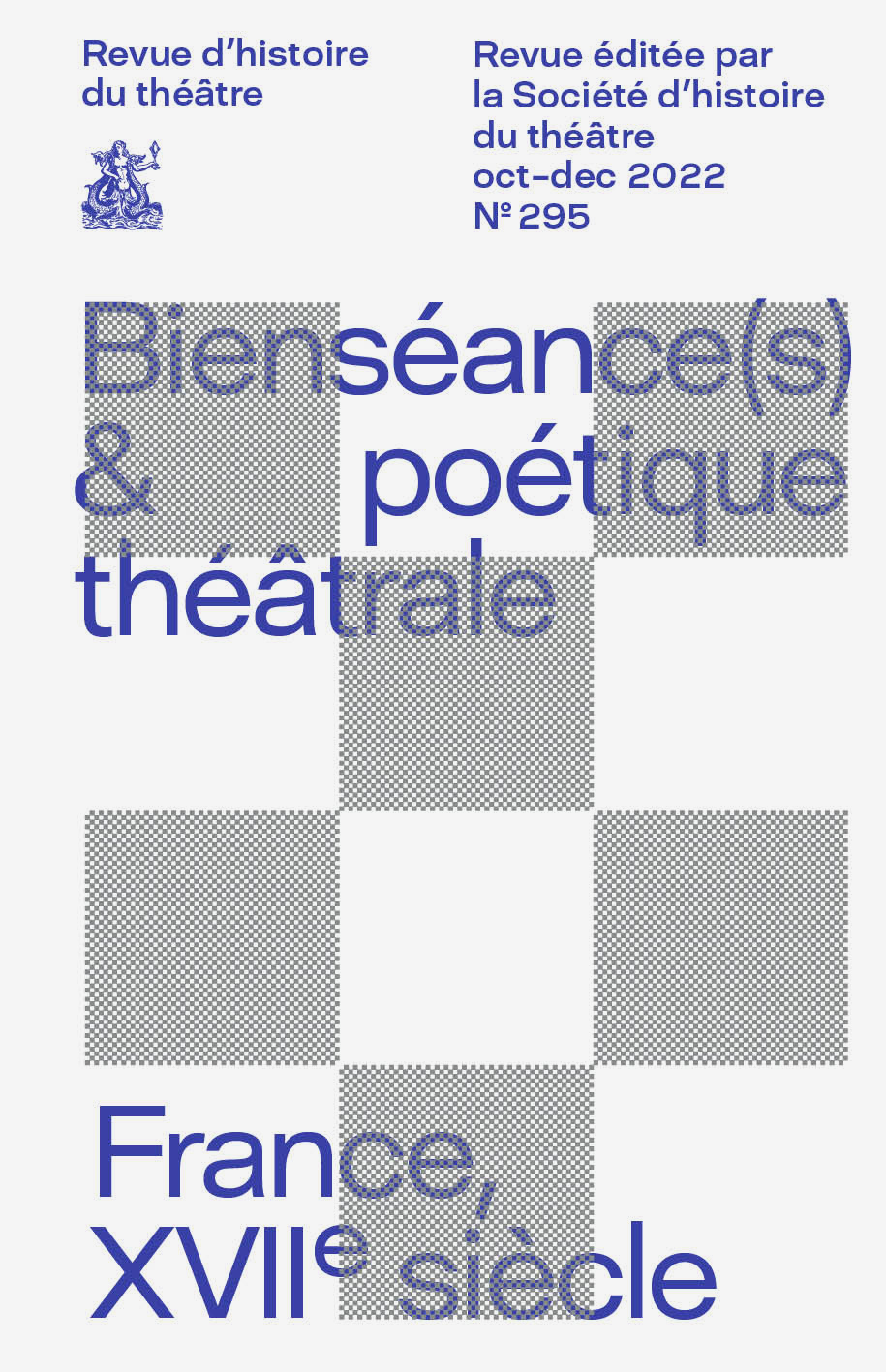Revue d’Histoire du Théâtre • N°264 T4 2014
Le théâtre français catholique en Indochine dans l’entre-deux-guerres
Par Alain Guillemin
Résumé
Considéré par les autorités coloniales non seulement comme remède à l’ennui mais encore comme symbole du rayonnement culturel de la France, le théâtre français s’est diffusé en Indochine par l’école et la presse. Mais ce phénomène n’est pas propre aux milieux laïcs. L’Église catholique a joué aussi un rôle non négligeable notamment à travers les établissements d’enseignement et le Scoutisme. Pour illustrer notre propos, nous analyserons d’une part la pratique théâtrale des Chanoinesse de Saint Augustin, au Couvent des Oiseaux à Dalat et au collège de Hanoi. Nous analyserons d’autre part le discours sur le théâtre développé par les animateurs de la revue francophone Les cahiers de la jeunesse, au premier rang desquels Raoul Serène, chef scout et propagateur du théâtre populaire.
Abstract :
The French Theatre in Indochina : the Catholic Involvment
Regarded by colonial authorities, not only as a remedy against boredom but also as a symbol of the cultural effulgence of France, french theatre broadcasted in Indochina by the way of school and press. But this involvement is not peculiar to secularised circles. Catholic church also played a prominent part in the diffusion of French theatre, especially through schools and boy-scout movement. In order to illuminate ours subject we will privilege two topics. On the one hand we will describe the theatrical practice of the Canonesses of Saint Augustin in the Convent of birds at Dalat and in their secondary school at Hanoi. On the other hand we will analyse the discourse on the theatre played by the editors of Les Cahiers de la jeunesse, a francophone review, more particularly the articles of Raoul Serène, chief of boy-scout movement in Indochina and spreader of the popular theatre theorized by the Compagnie des comédiens routiers.
Vous n’avez actuellement pas accès au contenu de cet article. Veuillez vous connecter à votre compte, vous abonner à la revue, ou acheter cet article ou ce numéro pour le visualiser dans son intégralité.
